Hillsborough inquest: Police chief admits 'I wasn't best man for the job man for the job'
Relatives of the 96 football fans killed in Britain’s worst stadium disaster have waited 26 years to hear from the man in charge that day. Today they sat in silence as David Duckenfield finally spoke
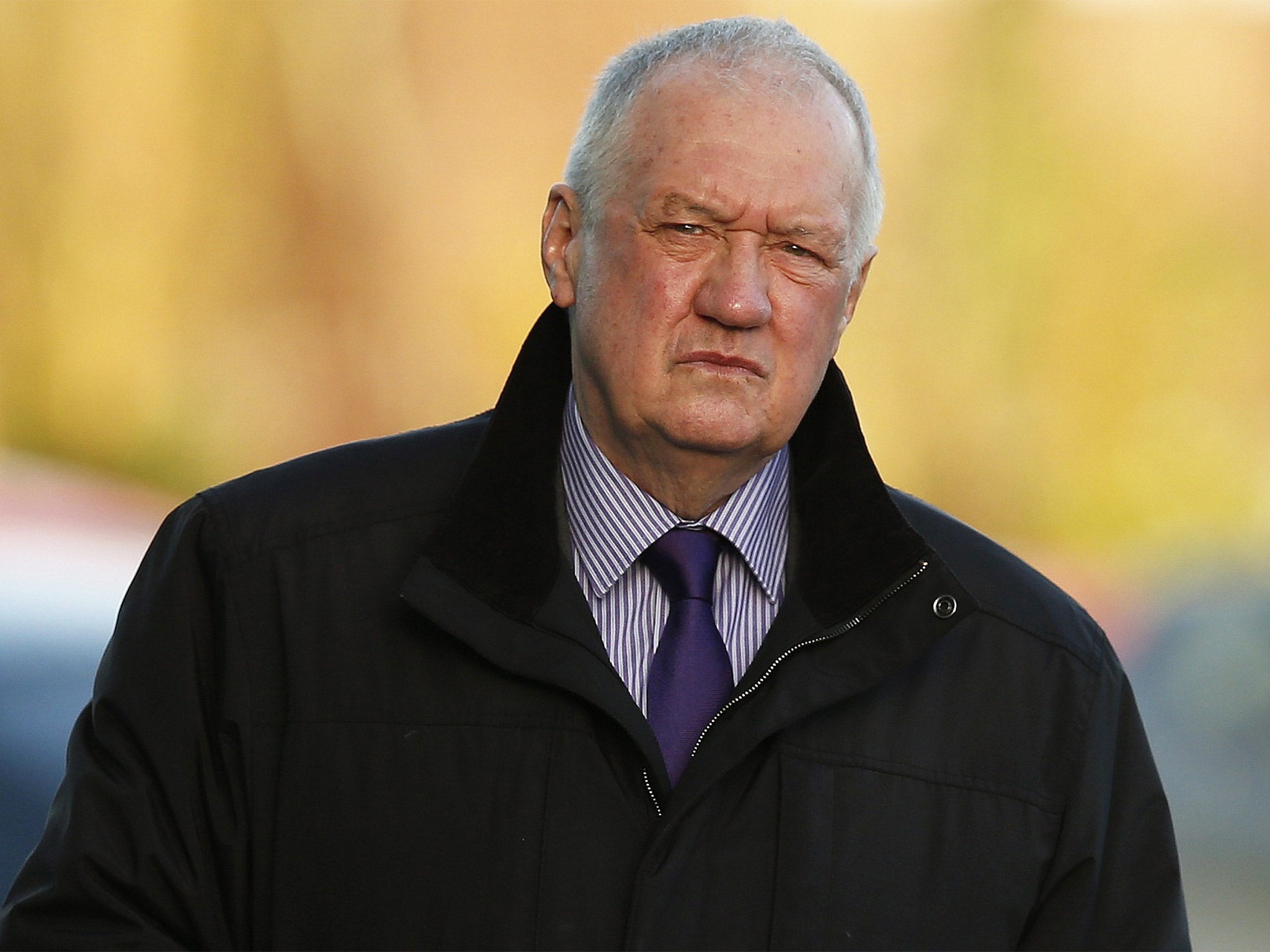
Your support helps us to tell the story
From reproductive rights to climate change to Big Tech, The Independent is on the ground when the story is developing. Whether it's investigating the financials of Elon Musk's pro-Trump PAC or producing our latest documentary, 'The A Word', which shines a light on the American women fighting for reproductive rights, we know how important it is to parse out the facts from the messaging.
At such a critical moment in US history, we need reporters on the ground. Your donation allows us to keep sending journalists to speak to both sides of the story.
The Independent is trusted by Americans across the entire political spectrum. And unlike many other quality news outlets, we choose not to lock Americans out of our reporting and analysis with paywalls. We believe quality journalism should be available to everyone, paid for by those who can afford it.
Your support makes all the difference.The man in charge of policing the football match at Sheffield Wednesday’s Hillsborough stadium in 1989, when 96 fans were crushed to death, today broke his silence after 26 years – and admitted he was ill-prepared and “probably not the best man for the job”.
Around 200 relatives of the fans who died at the FA Cup semi-final between Liverpool and Nottingham Forest on 15 April 1989 gathered at the inquests to listen in complete silence as match commander David Duckenfield gave evidence.
For many of them, it was the first time they’d seen the former police officer, now 70, in person, as he gave evidence in a courtroom in Warrington.
They heard that at the end of March 1989 he was promoted to Chief Superintendent at South Yorkshire Police – just 15 days before the match; and he admitted he had limited hands-on experience of planning and policing football matches.
He agreed there was no contingency plan in place in the event of an emergency and said he had not spoken in detail to his predecessor, Brian Mole, ahead of the game.
This was a “serious mistake”, he admitted when questioned by Christina Lambert QC, on behalf of the coroner, Mr Justice Goldring.
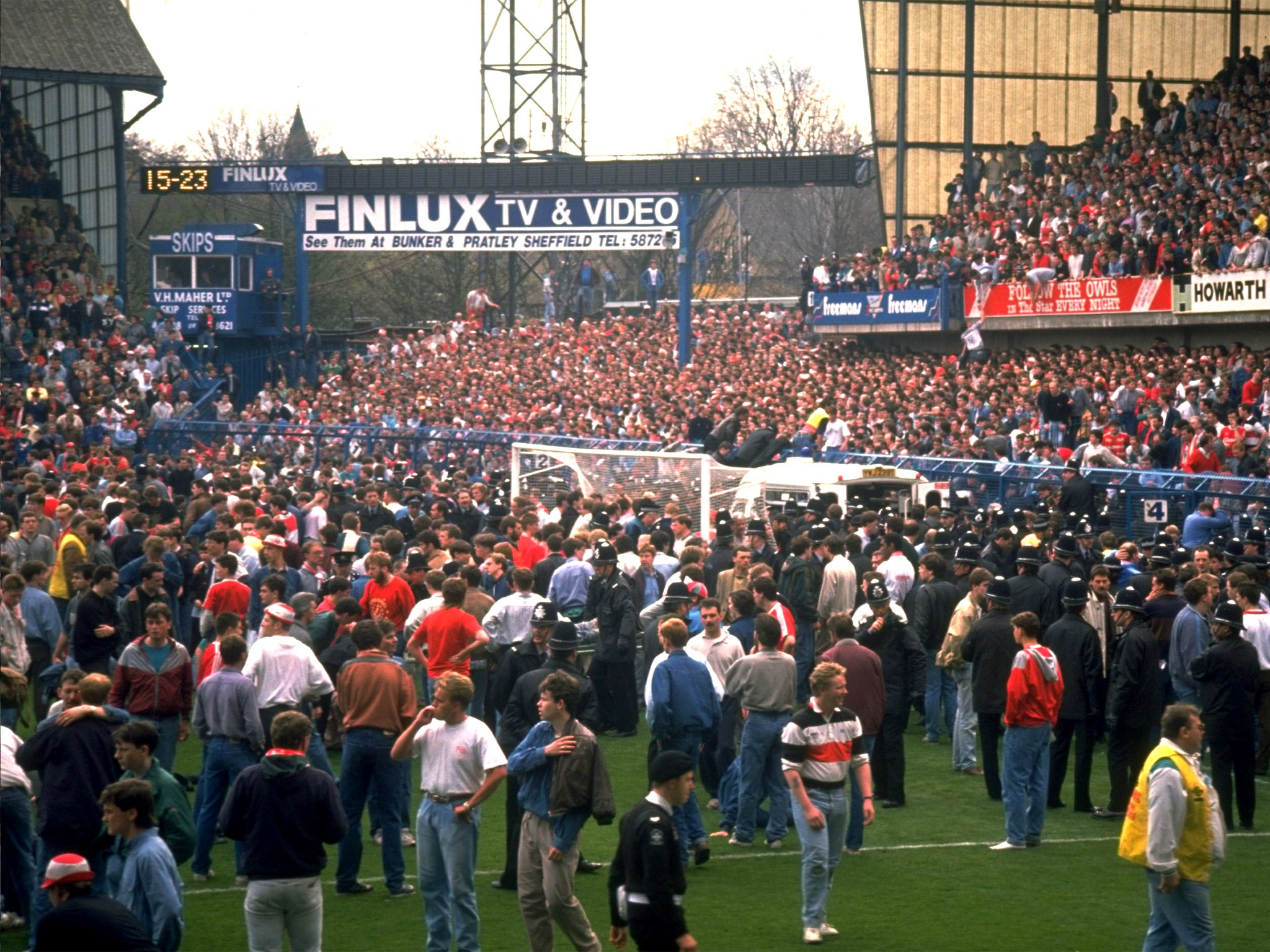
Mr Duckenfield said there was a culture in the police service at the time of learning “on the job”. “So it did not cross my mind to say: ‘I’m not up to the job.’ I just got on with it,” he said.
The quietly spoken testimony delivered in a strong South Yorkshire accent was punctuated only by an occasional cough from the court. He regularly paused, taking sips from a glass of water, and asked if he could “reflect on” events before answering Ms Lambert’s questions.
Mr Duckenfield said he didn’t know at the time there had been “informal cordons” in place at Hillsborough during a match at the ground the previous year. And he said he was unaware the tunnel leading to the central pens at the ground had been closed off by police in previous years to prevent overcrowding.
The court has previously heard that thousands of fans entered through an exit gate at the Leppings Lane end of the stadium after Mr Duckenfield gave the order to open it. Many ended up in the central terrace pens where the disaster unfolded. He later told FA officials wrongly that a gate had been forced open in comments repeated by the press.
Ms Lambert asked him if, at the time of the match, he had any concerns about his ability to do his job “given it was a new role and he did not have much experience”. “All I would say is this,” he replied. “That I’m older, hopefully wiser. Probably I was not the best man for the job on the day.”
And he apologised – in hindsight – for not spending more time at the football ground before the match. “But I did, in the light of the information available, what I considered necessary and if there was a failing, well I apologise,” he said. Mr Duckenfield said, after first joining South Yorkshire Police as a cadet in 1960, that he had been “delighted” to be promoted to the post of Chief Superintendent of F Division of South Yorkshire Police around March 1989. He said his understanding of the job of the match commander was that he would not be involved in the day-to-day or minute-by-minute duties and would only become involved in decision-making on the day if something went wrong.
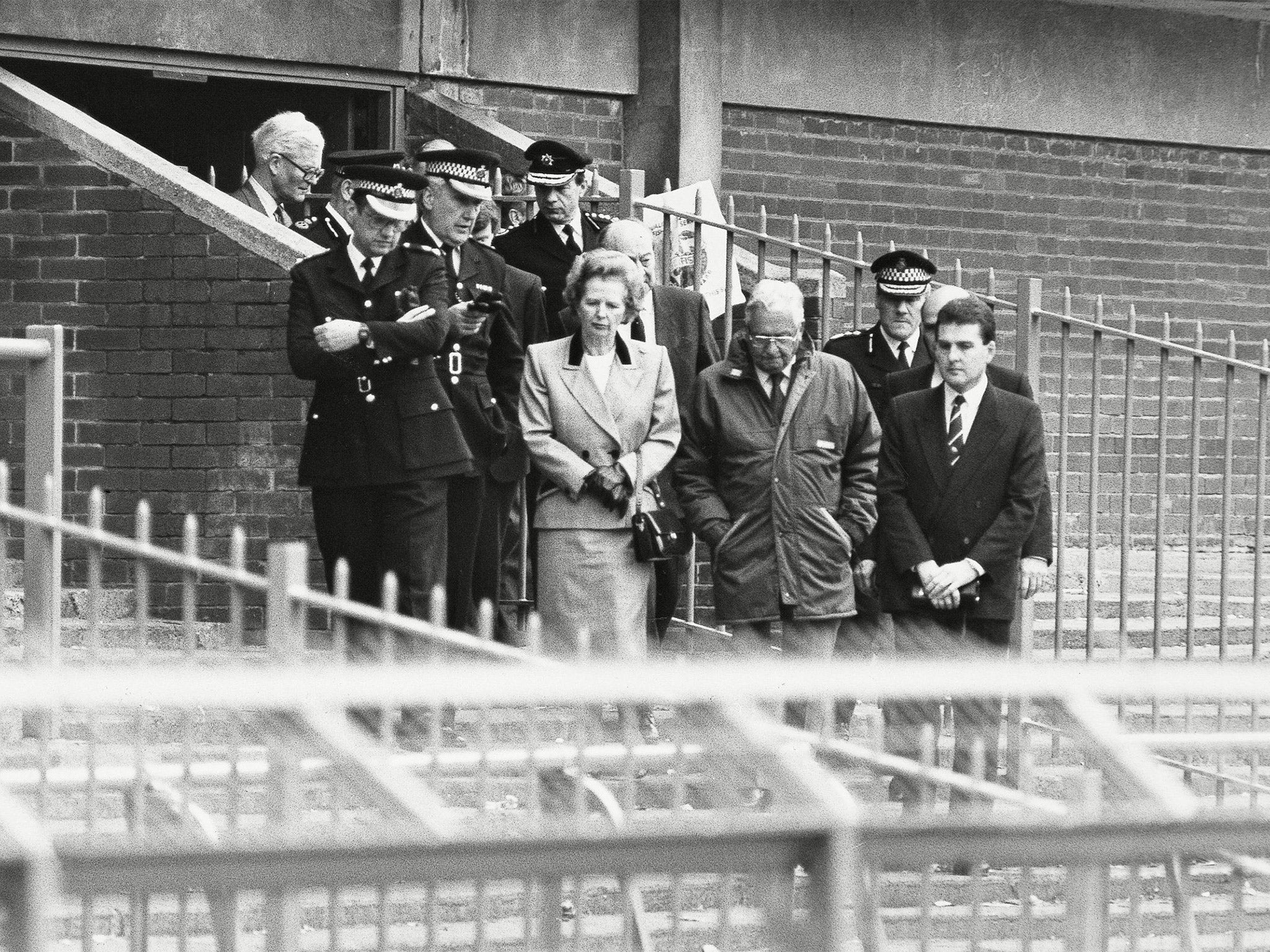
Mr Duckenfield, who is expected to give evidence for at least four days, believed at the time that he was promoted for his overall capabilities and it “didn’t cross my mind that the semi-final was something I couldn’t deal with”; he also said he wasn’t “told anything about the history of the ground that should cause me concern”. He had only learned of a crushing incident there at a 1981 FA Cup semi-final between Tottenham Hotspur and Wolves in the past couple of years.
Asked about a 1986 police report calling for improved turnstile access, he admitted he had only asked “in general terms about policing problems associated with the ground”, adding: “But no one had advised me of this report.”
He said he had intended to have a full day with Mr Mole before he took over as match commander, but found him to be unhelpful. There had been “speculation and rumour that he was moved to another position as a result of indiscipline within his division”, Mr Duckenfield said.
“I do recall him saying to me: ‘I have made all the arrangements, it’s all sorted out – you have no need to worry about the [match policing] order. I have done the order, I have picked the staff’.”
He said he’d expected Mr Mole to take him to Sheffield Wednesday and introduce him to staff but he found his predecessor to be “disappointed to be moving and wanting to clear his desk, and jealously guarding his relationship” with the club. “He offered me little or no advice,” he said.
Although he attended two pre-match briefings in March 1989, at the first meeting he was an observer who just sat and listened as it was “Mr Mole’s meeting”. The minutes of the first meeting were passed on to Mr Duckenfield, but he had no recollection of any notes being taken or handed over. Pausing for a moment, he said: “Can I just reflect a moment? There’s absolutely no reason why somebody like myself would obtain a copy of minutes to destroy them.”
He painted a picture of the 1970s and 1980s as a time when officers were “conditioned” to dealing with hooliganism. He recalled an incident where a fan was stabbed or slashed and officers had to board a train to identify the culprit.
When questioned generally about match planning, he maintained that safety could not be separated from the segregation of rival fans.
At the time of his promotion, F Division was undergoing a move to another police station “with all the stresses that brings”. He said his understanding of the role was that he would only be involved in decision-making on the day if something went wrong. He added that he had been “assured” by his boss and Assistant Chief Constable, Walter Jackson, that he could rely on the other experienced officers in his team.
When questioned about the lack of a contingency plan, he said there was “no intelligence coming from Merseyside” to suggest they might need it.
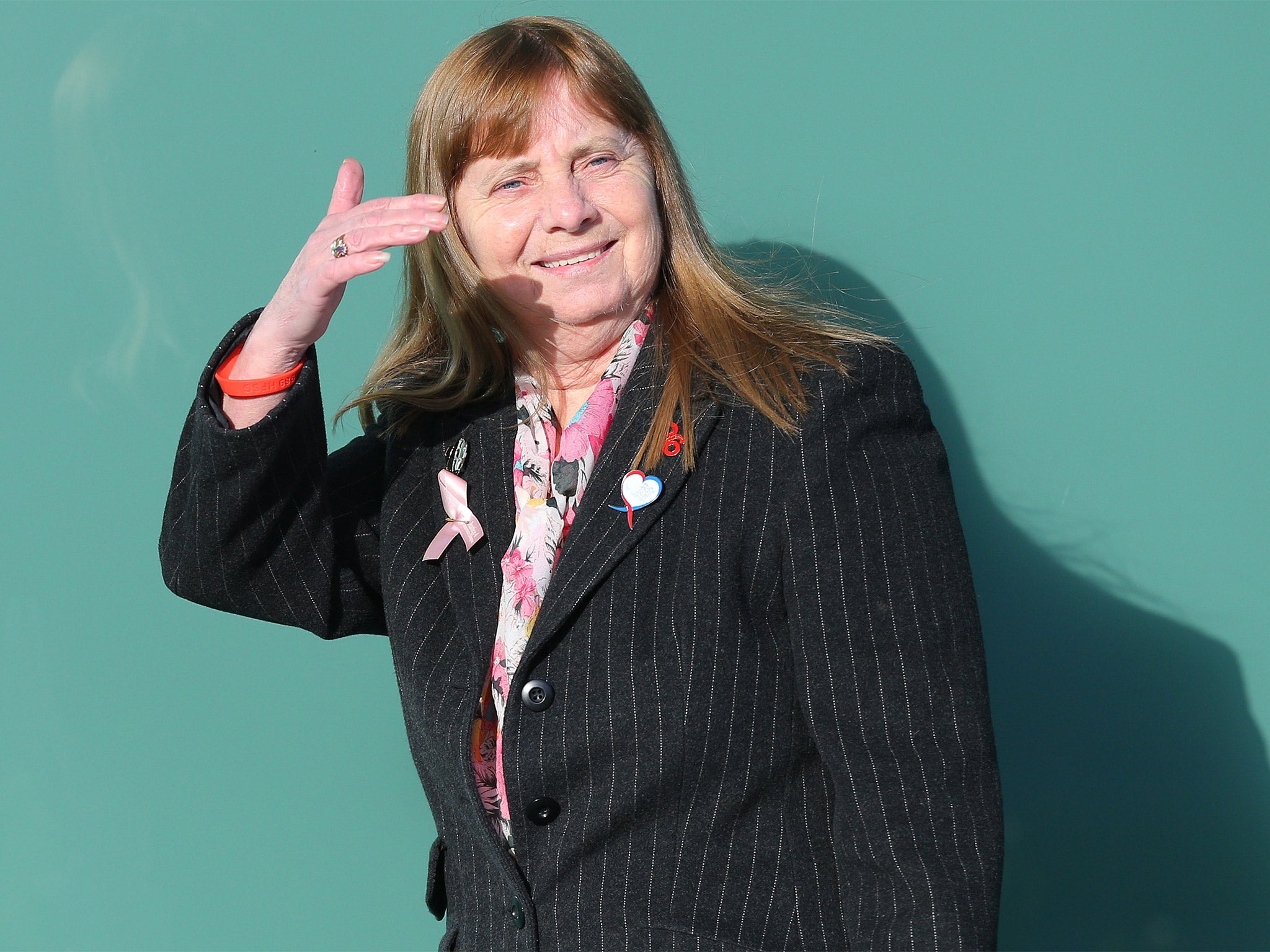
He didn’t know about police radio problems until the match day when a sergeant threw the handset of his radio “in the midst of the crisis and said: ‘I told them about it last year and they’ve done nothing about it’”.
There was no strategy in place to reduce the bottlenecks at the turnstiles leading to Leppings Lane. Cordons, he said, were an excellent idea in principle, but relied on the co-operation of fans. If he’d known what was to happen he would have given them “very serious consideration”.
He said from the control box he “didn’t know the difference because of my inexperience of an overcrowded or full pen”.
He added: “I was Chief Superintendent in charge on the day. I signed the [match policing] order and I must accept responsibility.”
Mr Duckenfield admitted he could have been “a little more flexible on the day” when it came to delaying the match kick-off. The inquests continue.
Hillsborough inquests: What we know now
The Hillsborough inquests, which are being restaged after an exhaustive independent investigation into the disaster delivered its findings in 2013, have already built up a detailed picture of the events in 1989.
Central to the investigation is the question of who gave the order to open Gate C, allowing fans to funnel into the Leppings Lane terrace crush.
The jury has heard that Chief Superintendent David Duckenfield spoke his thoughts aloud when asked to open the gate by Superintendent Roger Marshall. “If there’s likely to be a serious injury or death, I’ve no option… open the gates,” the jury has heard he said.
The secretary of Sheffield Wednesday FC has testified that Mr Duckenfield claimed at the time of the disaster that Liverpool fans had attempted to force the gate. Mr Marshall agreed with one of the barristers at the inquest that this was a “wicked lie”.
Another retired officer, Inspector Gordon Sykes, has said allegations propagated by police officers that Liverpool supporters had stolen from the dead – published in The Sun – were “nasty” and untrue. Evidence from former inspector Clive Davis included testimony that police had been briefed by senior officers systematically to pin the blame on “drunken, ticketless Liverpool fans”.
Several officers have testified that the level of alcohol intake by Liverpool fans was an important factor. Significant testimony by structural engineer John Cutlack revealed the stadium’s deficiencies and that the number of fans inside Pen 3, where most of the victims lost their lives, was more than twice its safe capacity.
But above all, the inquests, which are not expected to conclude before July, have examined for the first time who those individuals who lost their lives really were.
The story of Rick Jones, a chemistry student contemplating a postgraduate course, and Tracey Cox (pictured below), a trainee speech therapist hopeful that her patient, intuitive work might just be a calling, was heartbreaking. Friends said the two were certain to marry. But 23-year-old Ms Cox went to Hillsborough and never came home.
Ian Herbert
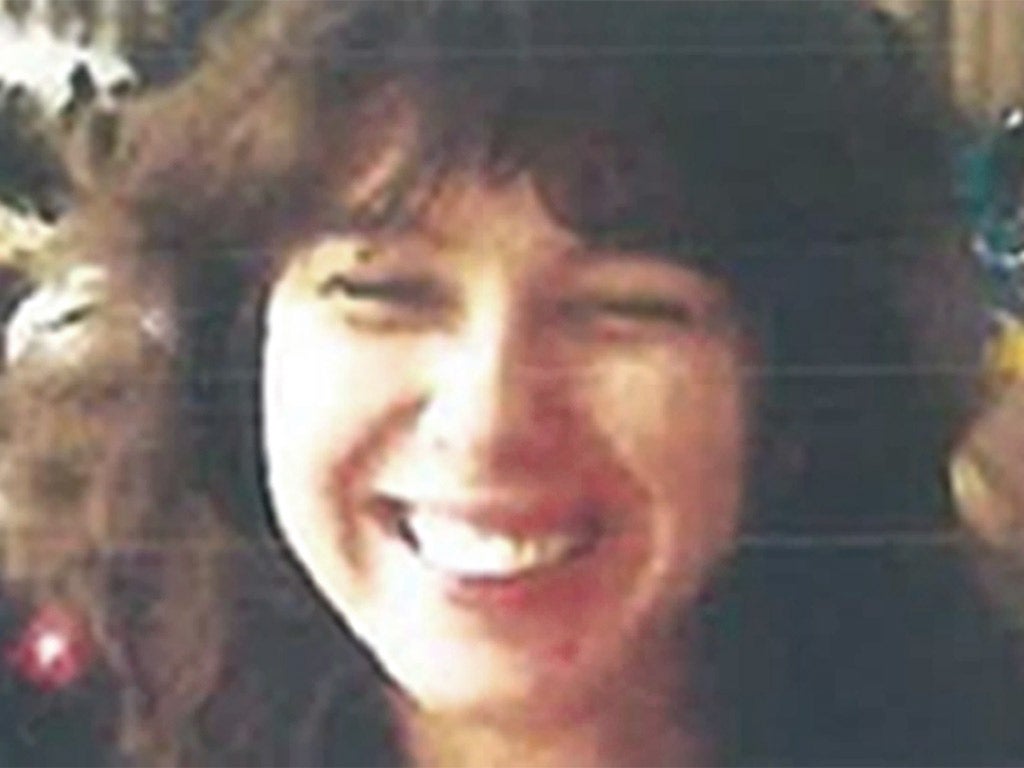
Join our commenting forum
Join thought-provoking conversations, follow other Independent readers and see their replies
Comments